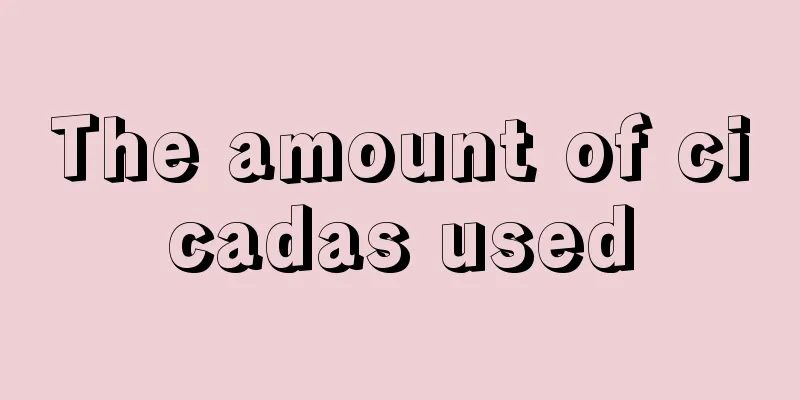What are the treatments for acute renal failure

|
Renal failure is a life-threatening disease that can be acute or chronic. Many people don't know much about acute renal failure. Renal failure refers to a disease in which part or all of the kidney functions are lost. Acute renal failure is caused by a variety of diseases that cause both kidneys to lose their excretion function in a short period of time, and can even be life-threatening. Let us now learn about the treatment of acute renal failure. 1. Treatment of oliguria The oliguric phase often leads to death due to acute pulmonary edema, hyperkalemia, upper gastrointestinal bleeding and concurrent infection. Therefore, the focus of treatment is to regulate water, electrolyte and acid-base balance, control nitrogen retention, provide appropriate nutrition, prevent and treat complications and treat the primary disease. 2. Treatment of polyuria Life-threatening complications that occurred when the polyuric phase began still exist. The focus of treatment is still to maintain water, electrolyte and acid-base balance, control azotemia, treat the primary disease and prevent various complications. In some cases of acute tubular necrosis, the polyuria phase lasts for a long time, with the daily urine volume exceeding 4L. The amount of fluid supplemented should be gradually reduced (500-1000ml less than the output) and supplemented through the gastrointestinal tract as much as possible to shorten the polyuria phase. For patients who cannot get up, lung infections and urinary tract infections should be prevented and treated in particular. Once the polyuria phase begins, blood urea nitrogen may continue to rise even if the urine volume exceeds 2500 ml/day. Therefore, those who have undergone dialysis treatment should continue dialysis until the blood creatinine drops below 265μmol/L (3mg/dl) and stabilizes at this level. Patients whose general clinical condition has improved significantly can try to suspend dialysis for observation, and stop dialysis after their condition stabilizes. 3. Recovery period treatment Generally, no special treatment is required. Regularly follow up renal function and avoid using drugs that are harmful to the kidneys. 4. Treatment of primary disease For acute renal failure caused by various causes of this disease, such as glomerular disease, interstitial tubular disease, and renal vascular disease, treatment should also be targeted at the primary disease. In addition, kidney protection and repair promoting drugs can be used; such as large doses of vitamin E, hepatocyte growth factor, insulin-like growth factor, epidermal growth factor, thyroxine, and Chinese medicines such as Cordyceps sinensis. |
<<: Why is the nail on my right thumb uneven?
>>: Can you still grow taller after menarche
Recommend
What are the dangers of a pillow that is too low
Normally we need to use pillows when we sleep. Th...
What symptoms does a cold back belong to
When we are suddenly blown by cold wind, we will ...
Can I drink Isatis root for a cold
Cold is a type of cold, and it is also a disease ...
Diarrhea after eating spicy food
Human taste buds are a very magical existence, be...
How to diagnose tongue cancer
How to diagnose tongue cancer? Although tongue ca...
How to treat bad complexion
The complexion and complexion can largely reflect...
What are the methods for checking melanoma?
Many patients with melanoma are very confused whe...
What diseases can ciliates easily cause
Ciliates can easily cause intestinal dysfunction,...
How to improve the quality of life of patients with liver cancer
How to improve the quality of life of liver cance...
Three relatively effective surgical methods for treating bone cancer
Surgery is currently the most commonly used metho...
Will my face swell if I have tooth inflammation?
The impact of tooth inflammation is very large. M...
Why are the eye bags getting bigger
Eye bags are a common phenomenon in normal times....
Can biological ice packs be placed in the refrigerator?
Biological ice packs are a kind of freezing mediu...
How to prevent cutting boards from cracking
People who cook need to use cutting boards when c...
What should I pay attention to when I go to a department for a follow-up examination for nasopharyngeal carcinoma
The possibility of recurrence of nasopharyngeal c...









